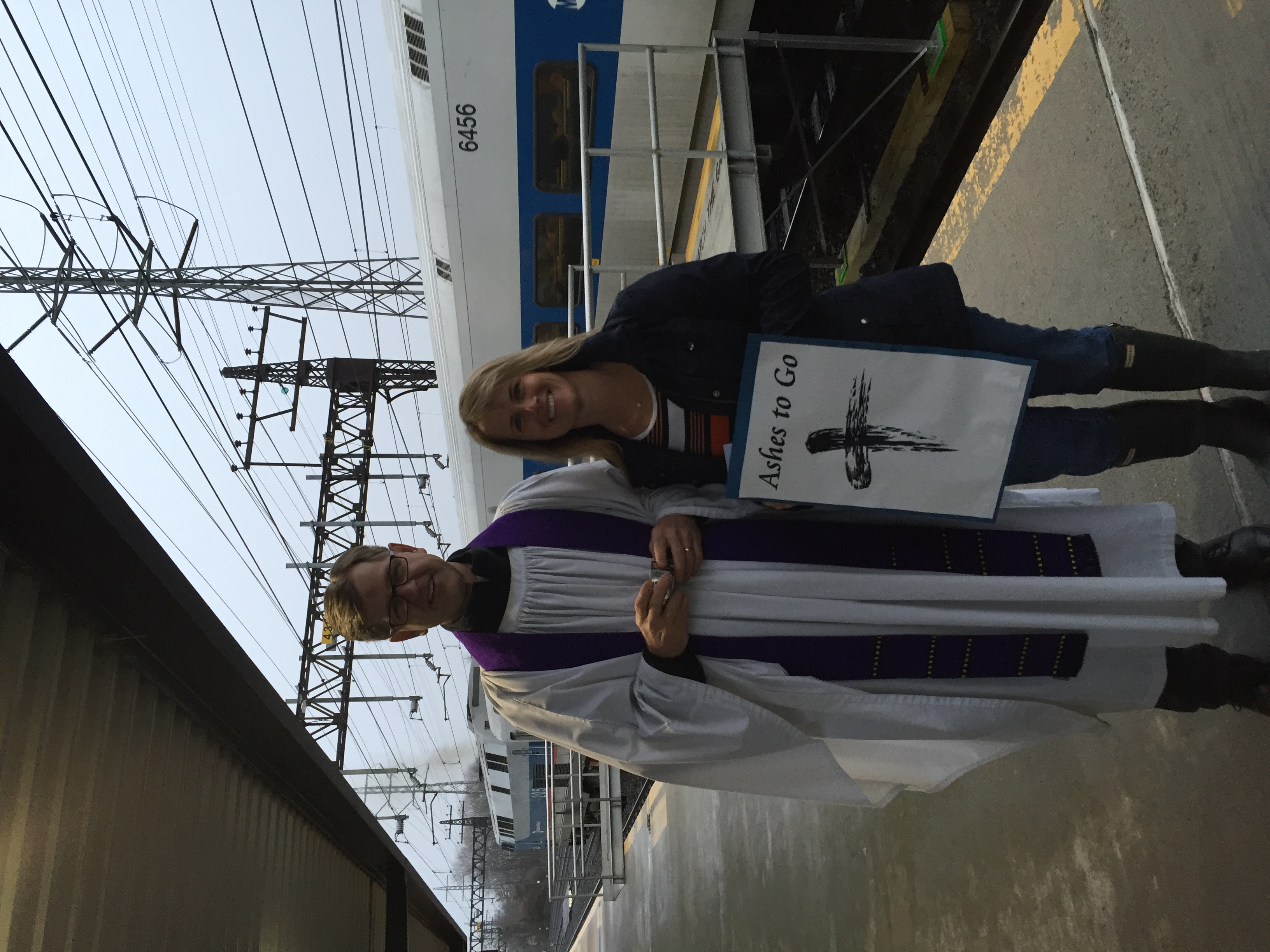Ramadhan is the ninth month of the Islamic (Hijri) calendar.
Featuring contributions from: Dr Hasan Gilani, Najiya Slimani, Fiona MacNeill (ed.)
About Ramadhan
Ramadhan is the ninth month of the Islamic (Hijri) calendar. The exact dates of Ramadhan vary every year. This is because Islam uses a calendar based on the cycles of the Moon. The lunar year being shorter and each month having 29 or 30 days only, Ramadhan moves forward every year. This year in the UK, Ramadhan will begin on Tuesday 13 April. Since many Muslims still like to rely on the moonsighting to determine the beginning of the month of Ramadhan, there may be a difference of a day in various parts of the world when Ramadhan begins. Across the globe, from approximately 13th April until 13th May 2021, close to one billion people will be observing Ramadhan.
Fasting during Ramadhan is one of the 5 pillars of Islam, along with the Muslim declaration of faith, daily prayer, charity and performing the Hajj pilgrimage in Mecca. It is an act of deep personal worship and an exercise in self-restraint. Muslims should not engage in cursing, fighting, or gossiping. It is seen as a way to physically and spiritually de-toxify. It is the month in which the Holy Qur’an was revealed to the Prophet Mohammed (PBUH).
Muslims fast (no eating or drinking) between dawn and sunset. This is called Sawm/Syaam (fasting). For Muslims, it is a very beneficial act of worship as it teaches self-discipline, gratefulness for the bounties they enjoy and reminds them of the suffering of the less fortunate. Muslims often donate to charities during the month.
To prepare for the fast, Muslims eat what is commonly called ‘Suhoor’; a pre-dawn meal of power foods to get them through the day.
Can Muslims be exempt from fasting?
Pregnant and menstruating women, elderly people, those who are ill, have to take ingested medication or those that are travelling do not have to fast. Children are not expected to fast until they reach puberty.
.jpg)
Source: MyUS.com
Practices and Observances
Muslims use this opportunity to make extra spiritual efforts and try to give up bad habits. It is a special season for prayer, charity and good deeds.
Many Muslims try to read the whole of the Qur’an at least once during Ramadan. They will also attend special night prayers (Taraweeh) in Mosques during which the Qur’an is read.
Some Muslims take this opportunity to perform Umra (optional pilgrimage to Makkah KSA) and visit the Prophet’s Mosque in Madina (KSA) and spend as many days/night as possible for worship and spiritualty.
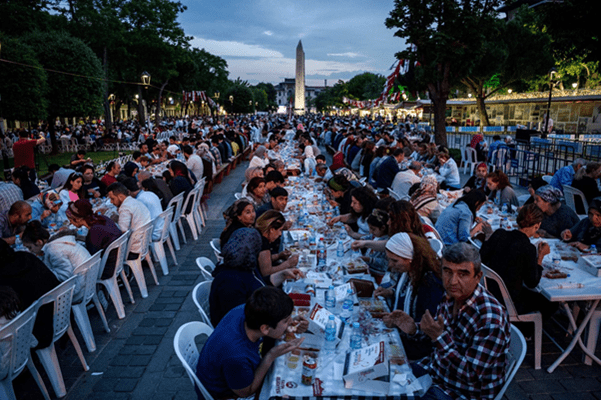
An Iftar dinner at the Blue Mosque in Istanbul, Turkey
They will also try to get together with family and friends (wherever possible) especially on the occasion of breaking the fast and have a collective meal at sunset by preparing and sharing various dishes. They will also help people in need by setting a Ramadan Table wherever people of all religions are welcome to share Iftar (break the fast at sunset). Iftar dishes can be very colourful and rich and prepared with care, however most Muslims will traditionally break the fast with a few dates and milk or water before going for anything between the traditional Harira (Moroccan soup) in North Africa to Samosas and Bajias (Pakoras/Bhajees) in the Asian continent alongside many local savouries and sweet drinks and dishes.

Jama Masjid of Delhi, one of the largest mosques in India during Eid.
How to respectfully recognise Ramadhan
Many Muslims are accepting and welcoming of others around them who are not observing Ramadhan and it is OK to eat or drink next to someone who is fasting. Muslims welcome questions about Ramadhan.
It is always good practice to greet and express good wishes at this time of the year, whether just before Ramadhan or in the first few days of the month. Muslims do culturally exchange best wishes and congratulate each other by saying “Ramadan Kareem / Happy Ramadan!”
In general Muslims don’t expect any “special treatment” during fasting as they are religiously encouraged to incorporate fasting in their normal daily activities, however it is good practice to ask Muslims colleagues if they need work to be adapted to their “focus hours”. They will highly appreciate it and it will boost collaboration at work.
At the time of Eid, saying “Eid Mubarak” is a good way of congratulating Muslims on the occasion of Eidul-Fitr.
Remember that not all Muslims fast (for medical reasons for example) so if you see a Muslim not fasting, avoid asking them in public.

An example of a Ramadan Kareem image for Muslims to send via social media.
Comparative Theology
Quran says: “O you who believe! fasting is prescribed for you, as it was prescribed for those before you, so that you may guard (against evil)”.
In other religions, there are various forms of fasting, as fasting is widely recognised as a practice for spiritual purification, increasing awareness, or self-discipline. In Islam, fasting is an act of worship, whereby a Muslim draws closer to God by abandoning food, drink, and sexual intercourse from dawn to sunset.
Jews observe ten days of repentance starting with Rosh Hashanah (the Jewish New Year) and ending with Yom Kippur. Check out the recent Talk it out blog post about Passover/Pesach for more information about Judaism.
Lent is a forty-day period of fasting which is observed by the Roman Catholic, Anglican, and the Orthodox Church. Read the recent Talk it out blog post about fasting for Orthodox Christians.
How do Muslims mark the end of Ramadan?
Laylat al-Qadr – The Night of Power/Destiny
The final 10 days of Ramadhan are marked by lots of worship as Muslims seek to have their prayers answered on “Laylat al-Qadr” (The Night of Power/Decree) which is considered the holiest night of the year for Muslims and can fall on any ‘odd’ numbered day within the last 10 days. This night commemorates the night that the Qur’an (the literal word of God which was relayed to humanity through the Prophet) was first revealed by Allah (God) to the Prophet Mohammed (PBUH) through the angel Gabriel. It is believed to have taken place on one of the final 10 nights of Ramadan in 610 CE, though the exact night is not specified in the Qur’an. This night is believed to be a night whereby good deeds are multiplied. (The night of Laylat al-Qadr is better than 1000 months as stated in the Qur’an).
The observance of Laylat al-Qadr holds additional significance to Muslims as a night in which the angels descend to earth leading to a night of peace, forgiveness, blessings and divine guidance (qadar) until dawn. It is commemorated with solemnity, devotion and prayer. Some observers spend the final 10 days in the mosque in retreat (I’tikaf).
Eid ul-Fitr – Festival of Breaking the Fast
Eid ul-Fitr marks the end of a month of fasting from dawn to sunset, as well as spiritual reflection and prayer. The day starts with morning prayers, wearing best attire and a big meal is usually the main event, but there’s lots of ways other people celebrate too.
Eid ul-Fitr is the festival day, one of the most important, similar to how important Christmas is for Christians.
Gifts can be exchanged, especially to young children who receive clothes and money.
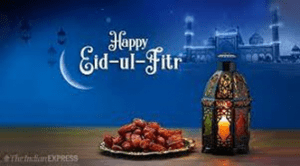
An example of an image for social media celebrating Eid.
Further reading
Resources and events
Many mosques will remain open this year during Ramadan for prayers. They will continue to observe safety guidance by wearing face masks and respecting social distancing.
Every year, Muslims break their fast together in the mosque and share dishes. This year they will get together to break the fast with something light and pray together but without sharing food. They will then have the full meal in their homes with their families.
However, the night prayers will be shorter than usual. Many online programs take place to allow people to take part in various religious activities and lectures from home. Many Mosques in Sussex will have daily Zoom activities.
Any Questions?
Members of the network have said that they are happy to answer questions from the university community about Ramadhan. Please submit your question using the comments area below or contact Fiona MacNeill via teams/email (internal questions from staff/students only).

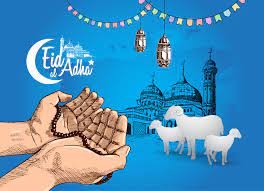
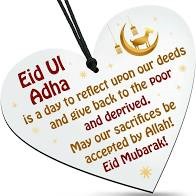
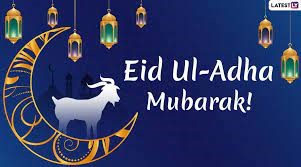
.jpg)





